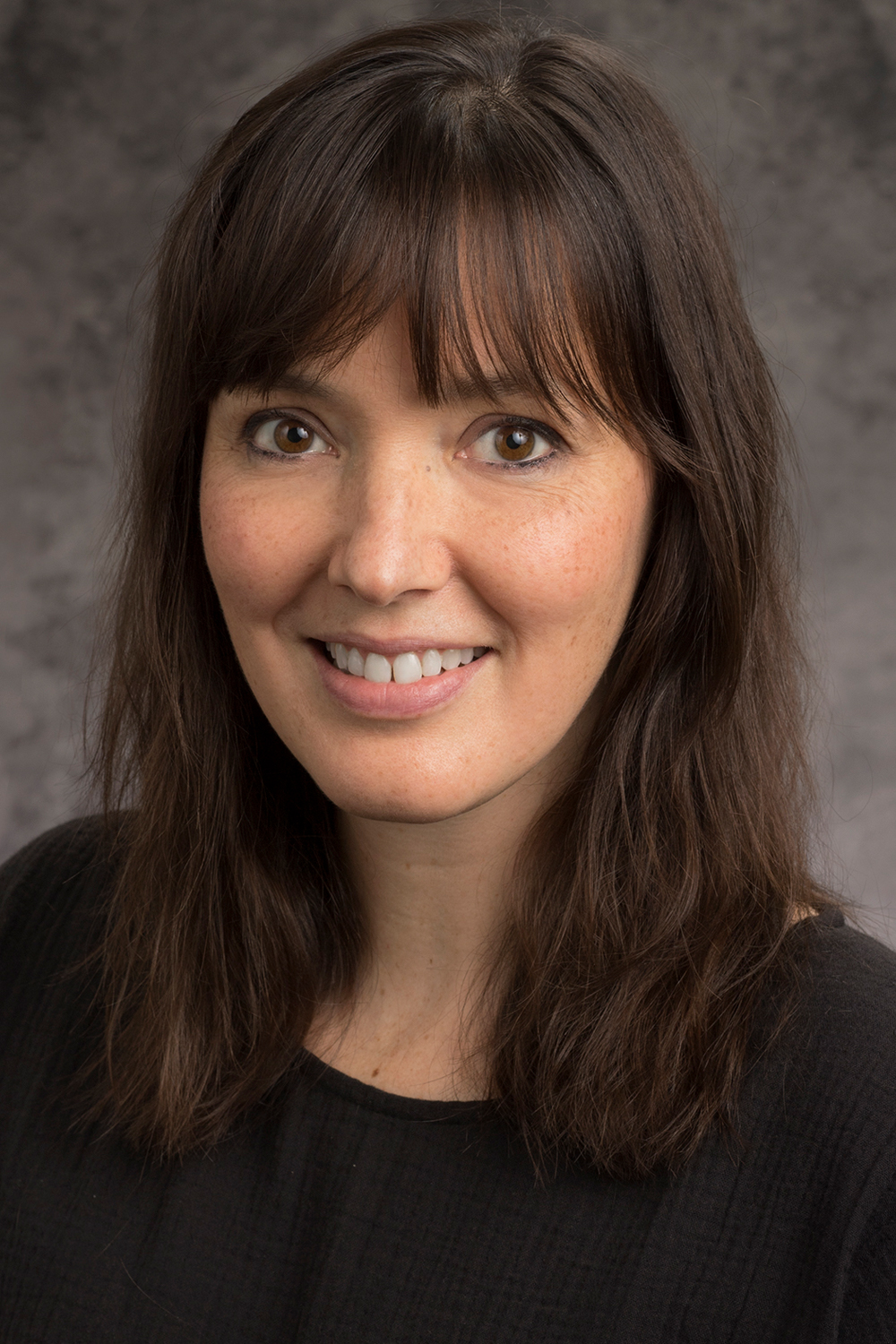Mission Zero: Saving Lives at Home and Abroad

JANUARY 2025
For many people living in the Atlanta area, Emory University, Morehouse School of Medicine, and Grady Memorial Hospital are some of the most recognizable names in medicine and healthcare. What many might not realize, however, is that these three organizations maintain a vital partnership with the U.S. military to provide additional care and services while also helping to maintain the quality of care within the armed forces.
Meet the Mission Zero Program. The initiative is based on the idea that there should be zero preventable deaths: Patients should have quick access to well-trained and prepared healthcare providers. Spearheaded by Elizabeth Benjamin, MD, PhD, the program creates a symbiotic partnership between Emory, Morehouse, Grady, and the U.S. Army, bridging civilian and military healthcare sectors.
“The military-civilian partnership is designed for military readiness, and members of the military team are embedded in the clinical team at Grady,” said Dr. Benjamin. “The education is bidirectional—we learn the latest in military medicine and they learn from us as a busy trauma program. We work together to make sure their skills are deployment-ready.”
While the partnership was officially formalized in 2021 through the Mission Zero Grant Program, Grady and Emory have collaborated with the military since 2007, when residents at Fort Eisenhower – located in Augusta, GA – began working and training at Grady. It was through the success of partnerships that helped convince Congress to officially fund the Mission Zero Grant in 2019, allowing military trauma doctors to work with civilian trauma centers. The grant, which supports the program by providing funding for salaries and training, will provide the Grady trauma program with $215,000 for 2025 and must be renewed yearly.
Mission Zero operates on the principle that during times of intense conflict, trauma teams gain invaluable experience. The program pairs military providers with high-volume civilian institutions, allowing them to maintain their skills between deployments while bringing best practices from the battlefield to the civilian sector.
“At Grady, we pair with a specific Forward Resuscitative and Surgical Detachment (FRSD) in the military, and a few members of their team are assigned to Grady for three years,” Dr. Benjamin said. “There are ICU nurses, ER nurses, CRNA anesthetists, and surgeons. They deploy overseas and come back, but Grady is their home base for those three years. This is their home hospital.”
Assigned providers don’t just practice their skills and serve the community; they also work alongside faculty to train and teach future generations of surgeons and healthcare providers. Additionally, they contribute to research and other academic duties.
More importantly, the program continues to save lives—both at home and wherever military healthcare providers are stationed—highlighting the impact of a partnership nearly two decades in the making.

